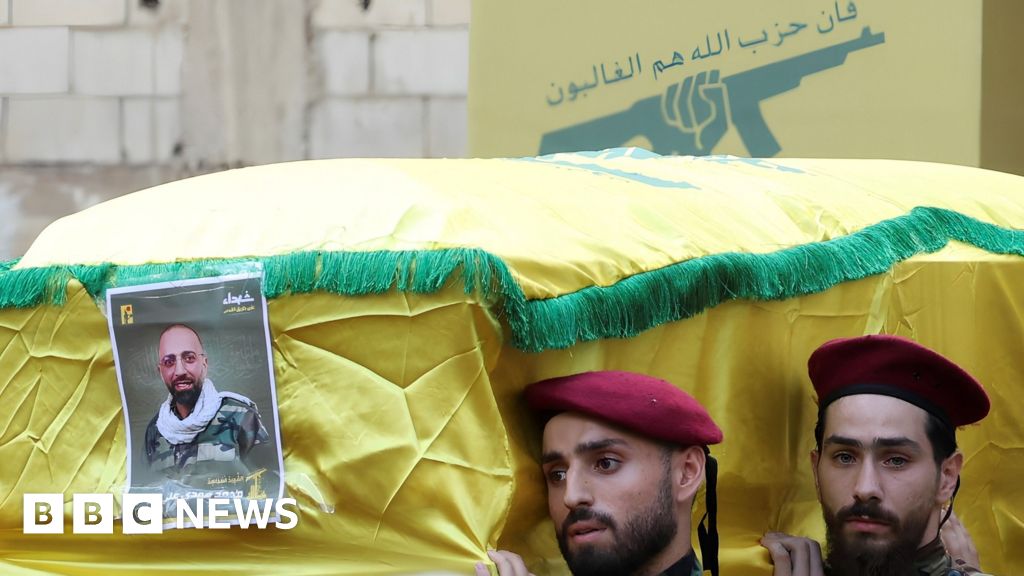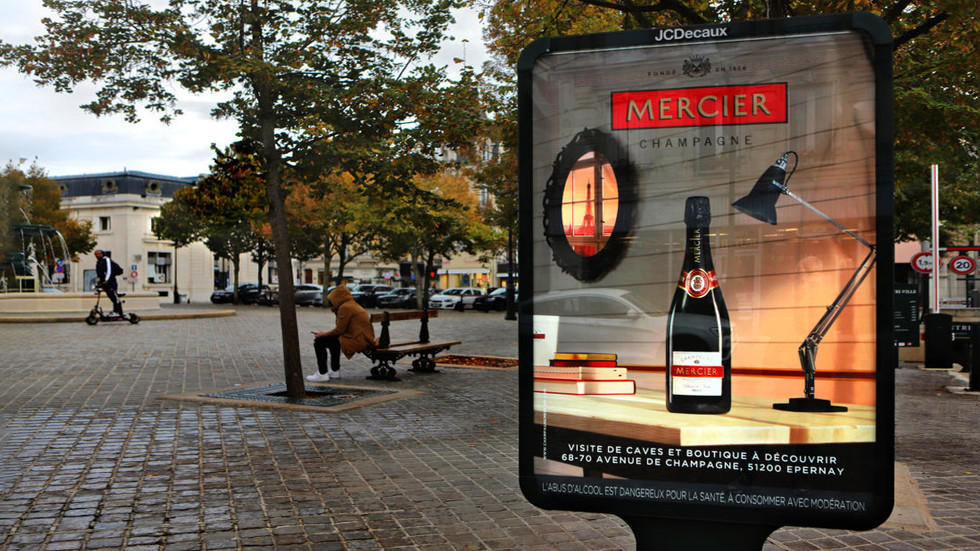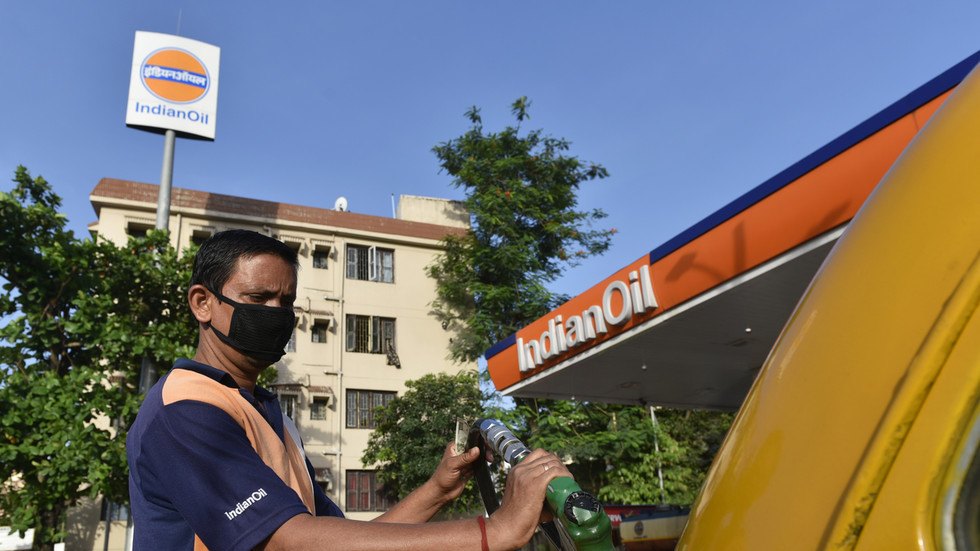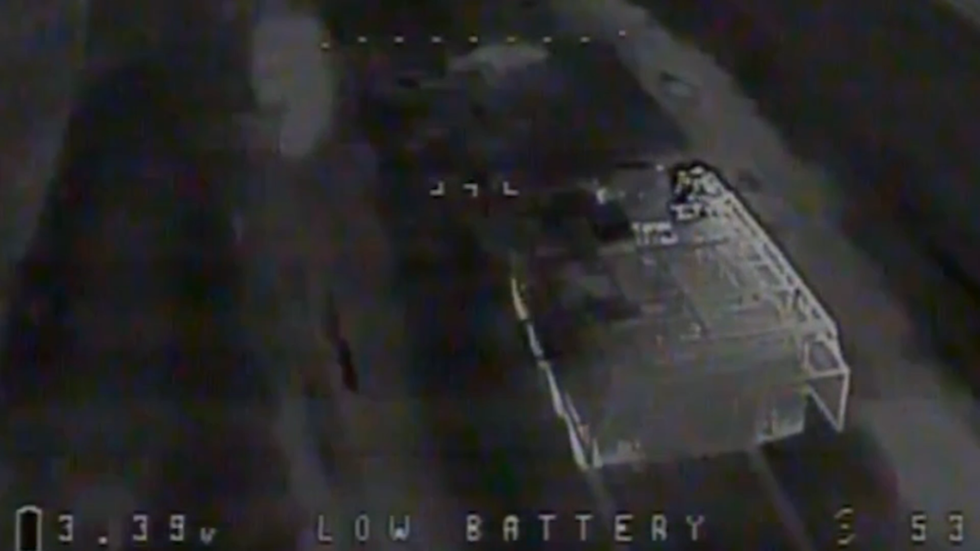Israel says its warplanes have hit more than 100 Hezbollah rocket launchers and other "terrorist sites" including a weapons storage facility in southern Lebanon.
The Israel Defense Forces (IDF) said the launchers were ready to be fired against Israel. It was not immediately clear if there were any casualties.
Lebanon's state-run National News Agency said Israel carried out at least 52 strikes in the south of the country on Thursday evening, and that Lebanon had also launched strikes on military sites in northern Israel.
Earlier, Hezbollah leader Hassan Nasrallah said deadly explosions earlier in the week "crossed all red lines", accusing Israel of what he said represented a declaration of war.
Israel has not said it was behind the attacks - which saw pagers and walkie-talkies explode simultaneously across the country - on Tuesday and Wednesday, and which Lebanese authorities said killed 37 people and wounded 3,000.
But Defence Minister Yoav Gallant has said Israel is embarking on a "new phase of the war", concentrating more of its efforts on the north.
The previously sporadic cross-border fighting escalated on 8 October 2023 - the day after the unprecedented attack on Israel by Hamas gunmen from Gaza - when Hezbollah fired at Israeli positions, in solidarity with the Palestinians.
Since then hundreds of people, most of them Hezbollah fighters, have been killed in the cross-border fighting, and tens of thousands have also been displaced on both sides of the border.
Hezbollah has said it is acting in support of the Palestinian armed group Hamas. Both are backed by Iran and proscribed as terrorist organisations by Israel, the UK and other countries.
In a statement late on Thursday, the IDF said its warplanes "struck approximately 100 launchers and additional terrorist infrastructure sites, consisting of approximately 1,000 barrels that were ready to be used in the immediate future to fire toward Israeli territory".
"The IDF will continue to operate to degrade the Hezbollah terrorist organisation’s infrastructure and capabilities in order to defend the state of Israel".
Lebanese security sources cited by Reuters news agency and the New York Times said the Israeli strikes were one of the most intense since the war in Gaza began in October last year.
The IDF also urged residents in northern Israel close to the Lebanese border to avoid large gatherings, guard their neighbourhoods and stay close to bomb shelters.
On Thursday morning, Hezbollah fighters in southern Lebanon fired two anti-tank missiles across the border, followed by drones.
The IDF said two Israeli soldiers were killed and a third seriously wounded.
In his televised address on Thursday, Hassan Nasrallah said of Tuesday and Wednesday's attacks: “The enemy crossed all rules, laws and red lines. It didn't care about anything at all, not morally, not humanely, not legally."
“This is massacre, a major aggression against Lebanon, its people, its resistance, its sovereignty, and its security. It can be called war crimes or a declaration of war - whatever you choose to name it, it is deserving and fits the description. This was the enemy's intention,” he added.
As Nasrallah spoke, Israeli warplanes caused sonic booms over Beirut, scaring an already-exhausted population, and others struck targets in southern Lebanon.
The Hezbollah leader acknowledged that this was a massive and unprecedented blow for his group, but he insisted that its ability to command and communicate remained intact.
Nasrallah’s tone was defiant and he vowed a harsh punishment. But, again, he indicated that Hezbollah was not interested in an escalation of its current conflict with Israel.
The group’s cross-border attacks, he said, were going to continue unless there was a ceasefire in Gaza, and that no killings or assassinations would return residents to northern Israel.
The IDF said on Thursday that its chief of staff, Lt Gen Herzi Halevi, had “recently completed approval of plans for the northern arena”.
Israeli Defence Minister Yoav Gallant later said that "in the new phase of the war there are significant opportunities but also significant risks”.
“Hezbollah feels that it is being persecuted and the sequence of military actions will continue,” he added.
“Our goal is to ensure the safe return of Israel’s northern communities to their homes. As time goes by, Hezbollah will pay an increasing price.”
It is not clear how Israel intends to achieve this goal. But reports earlier this week suggested that the general in charge of the IDF’s Northern Command favoured the creation of an Israeli-controlled buffer zone inside southern Lebanon.
US Secretary of State Antony Blinken called for restraint on all sides.
"We don't want to see any escalatory actions by any party" that would make the goal of achieving a ceasefire in Gaza more difficult, he said as he joined European foreign ministers in Paris to discuss the widening crisis.

 3 months ago
13
3 months ago
13









